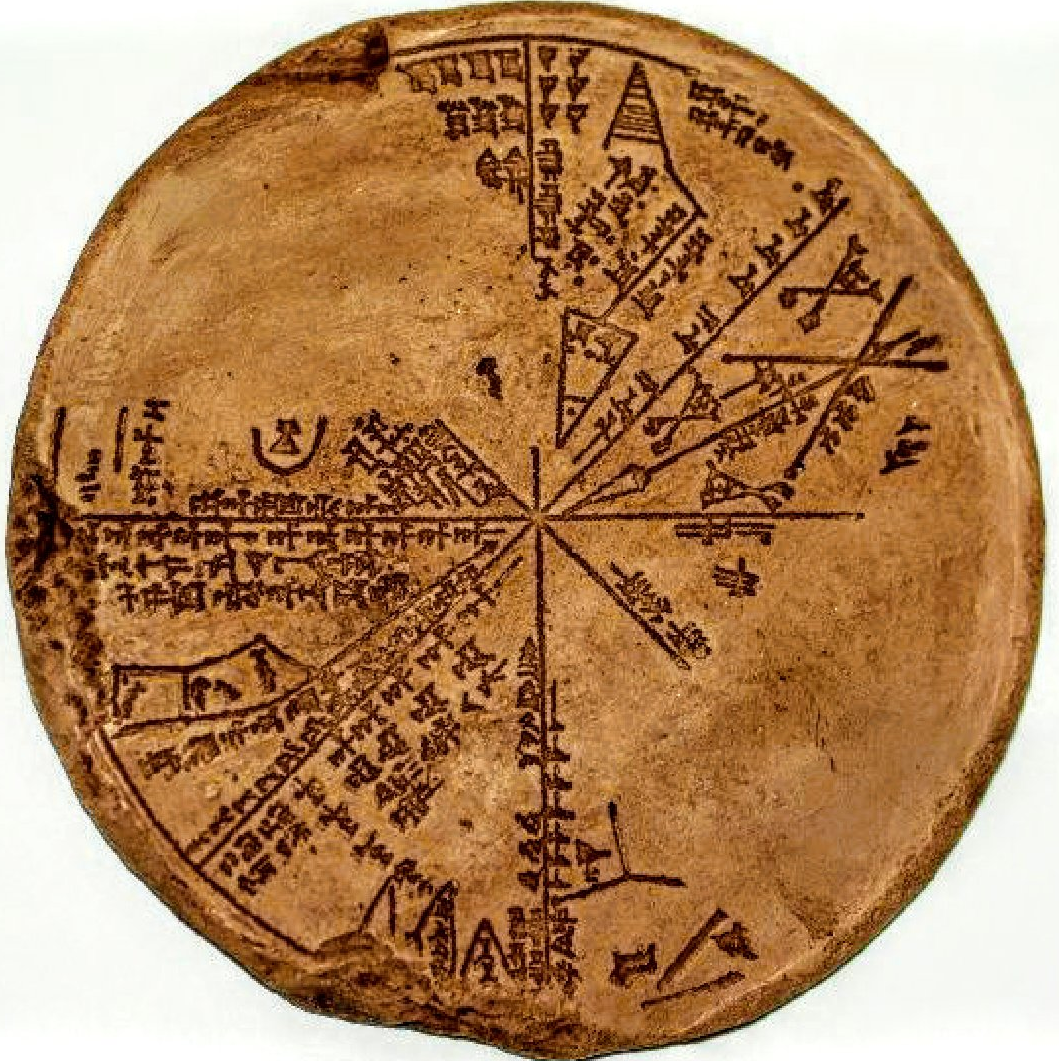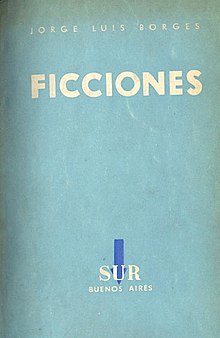Second instalment of a new ImaginAtlas series looking beyond the Anglo and Francospheres to spotlight underappreciated and exciting works of speculative fiction from all around the world!
A world fueled by imagination.
This was all I could think of as I was reading “Tlön, Uqbar, Orbis Tertius,” a short story written by the Argentine author Jorge Luis Borges. It is an otherworldly reading experience, almost comparable to the otherworldly rules governing the people of Tlön. Acting not only as an exercise of the imagination but almost an ode to it, this story evokes a feeling of wonder and charm while also showcasing the imagination in the role of a creator: a powerful but sinister element that, personified in mirrors, acts as the only obstacle between us and a world that is both remarkably similar and yet eerily unlike our own. But I would be lying if I said this story is easy to grasp. And if we want to understand it, we first need to discuss two important elements: its author, and his standing in the literary world of his time.

Borges specialized in speculative fiction throughout his career and quickly became well known in his local circle and across Latin American countries. But it wasn’t until 1962, with the first English translation of his anthology Ficciones, that he achieved international renown. He was also one of the main pillars of the literary movement we know today as magical realism. Popularized during the 1940s, this genre focuses on presenting fantastical and surreal elements as if they were normal occurrences, making real in their worlds what would be mythical in ours. Elements substantially present in this text, as we shall soon see.
“Tlön, Uqbar, Orbis Tertius” starts with a familiar trope that is very useful to this type of fiction: knowledge. More particularly, lost knowledge. Forbidden. Through the lost pages of the encyclopedia, Borges brings imagination to the foreground and emphasizes the importance it will have in the story, toppled with characteristic elements of magical realism: a mix of real events, objects, and characters (such as his lifelong friend Bioy Casares or the Encyclopaedia Britannica) with the invented country of Uqbar, its fantastical region of Tlön and the mythical world Orbis Tertius. Rather than having it be a country pulled straight out of the Arabian Nights, leaving it in the open as a fictional story, Borges blurs the lines between reality and fiction until there is nothing left in the reader’s mind but the charm of the unknown and the wonder of possibility, creating a world where magic can coexist with our world as easily as the moon shares with our stars the landscape of the night sky. This is the first example we find of the crucial role fiction will play in the story of Tlön, but I assure you it’s not the last, nor the most important one.

But the missing knowledge is finally found! And with it, we are thrown into a world where our sense of wonder is pushed beyond its limit by the story of this planet. The first thing we learn about its inhabitants is probably one of the weirdest: Tlönists are people of ideas. Their entire existence is seen through the lens, not of a physical world, but of a “heterogenous series of independent acts. It’s successive, temporal and not spatial.” So drenched is their whole culture in this view of a temporal existence that they don’t even possess nouns in their vocabulary; they only use impersonal verbs, defined and subcategorized by suffixes attached to them. There is, however, one element that perfectly summarizes how unalikeTlön’s vision is to ours: their weirdest, most theoretical concept is that of materialism, the notion that objects keep existing and occupying a precise space, even when we are not aware of them. This understanding of existence as a lack of continuity is what gives rise to the mysterious concept of Hrönir: duplicated objects (even something as banal as a pencil) that get lost and are then found in two different spaces by two different people while still being the same object. An endless spiral of disappearance and creation, each copy being more detailed, more perfect, maybe even more real than the last…
And yet, Borges also suggests that both worlds aren’t as far apart as one might think. In an old article Bioy Casares finds in Buenos Aires at the beginning of the story, one of Uqbar’s heresiarchs describes as one of his people’s main doctrines an absolute hatred for mirrors. The document declares, “copulation and mirrors are abominable, […] because they multiply and divulge [the visible world].” Just like a mirror defies our rules by creating two versions of the same entity, so does it break Tlön’s rules by doubling the size of the physical world and giving it spatial importance. In this way, mirrors become a metaphor for fiction: our entryway into this fantastical world and a window into a reflected side of human nature where materialism and individual identity are highly theoretical. Where the idea of objects existing constantly within space is seen as impossible, almost blasphemous. Where reality is dependent on the importance of ideas and the power of the imagination. And yet, where the only difference between us and them is a turn of the mirror.

“Sometimes a few birds, a horse, have saved an amphitheatre’s ruins.” With these words, Borges ends his tale. And, in a way, they also showcase, in their simple magnitude, the thesis of this work: fiction is what gives life to the world of Tlön. Literally—with Borges bringing it into existence with the power of his imagination—but mainly figuratively: we find in this text a description of a society that’s so foreign to us that it’s impossible to create or understand without resorting to the absurd, the mythical, the impossible. Having understood the sheer importance of fiction, Borges takes this imaginative power and pushes it one step further, placing it in an almost godlike role where the history and existence of a whole nation depend upon it. Fiction is the basis for a world that bends the limits of reality, capable of duplicating objects that somehow still retain their identity. And this latter point is what I find the most fascinating about this story: echoing the problem of the many minds, “Uqbar, Tlön, Orbis Tertius” replaces and transforms the concept of existence, changing it from occupying a space at a specific time to merely sharing a moment in the time continuum with someone or something else. Acknowledging the existence of another entity is what brings it into existence, and having it be forgotten is more of a death than death itself. In this way, every object and every being in Tlön lives in a state of perpetual fiction, where being real depends solely on other entities considering them as such. And yet, it’s not just about Tlön’s inhabitants. In a clever twist of metafictionality, Borges includes readers in his fiction as entities capable of harnessing the power of the imagination, giving life to the world they’re discovering. Our reading is what makes Tlön bloom into existence, but it’s also what ultimately makes it disappear. It is our work and our creation, forgotten as soon as we turn the last page.
